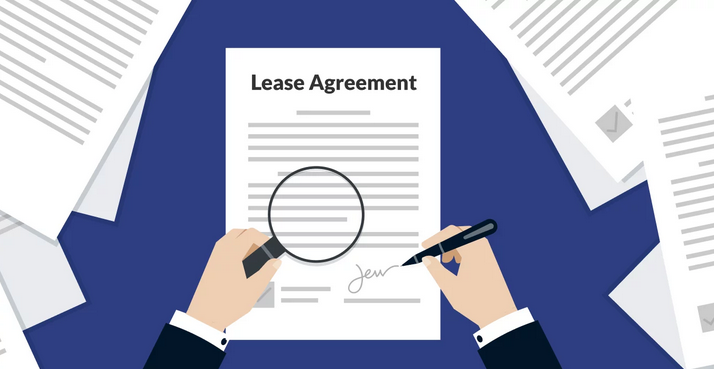residential lease agreement Connecticut consists of entering into a lease contract arrangement, which describes the stipulations in the tenancy. No matter if you’re a property owner or possibly a tenant, simply being well-knowledgeable in regards to the specifics of these agreements is vital. Here’s a detailed have a look at what you must know:
1. Lease contract Duration and Renewal: Home hire contracts in Connecticut typically have a duration of 12 months. Even so, property owners and tenants can negotiate different lease contract lengths based upon their preferences and scenarios. Additionally, the rent should specify if it automatically renews or takes a new contract following the term.
2. Rent payments and Build up: The lease contract deal should clearly condition the month to month hire sum along with the due particular date. Connecticut rules controls safety build up, restricting these to two months’ rent for unfurnished attributes and three months’ rent for equipped kinds. Renters should get a published invoice for almost any deposits paid.
3. Routine maintenance and Maintenance: The responsibilities of landlords and tenants regarding maintenance and fixes needs to be clearly layed out from the lease contract. Landlords are often liable for major fixes and making sure the property is habitable, whilst tenants are required to keep up sanitation and report any issues promptly.
4. Pet Plans and Subletting: For those who have pets or want to sublet the house, be sure that the lease contract agreement handles these issues. Some landlords could have limitations on household pets or demand additional build up, when subletting may require created permission.
5. Termination Situations: Know the problems under in which the hire can be terminated, which includes discover time periods and prospective charges for breaking up the hire very early. Each property owners and renters have legal rights and requirements in connection with this, that ought to be clearly stated in the contract.
6. Legal Platform: Connecticut has specific laws regulating landlord-renter relationships, such as provisions for stability deposit, eviction processes, and renter legal rights. It’s necessary to understand these legal guidelines to make certain compliance and safeguard your pursuits.
7. Created Arrangement: A non commercial lease contract contract should invariably be in writing and agreed upon by the two of you. This can help avoid misconceptions and supplies a specific document in the terminology decided. Prior to signing, meticulously look at the lease contract and seek out clarification on any provisions you’re unsure about.
To sum it up, navigating a household rent agreement in Connecticut demands comprehending the privileges and obligations of the two landlords and renters. By familiarizing yourself together with the key elements of those agreements and seeking legal services if needed, you are able to make sure a fair and mutually valuable tenancy.
